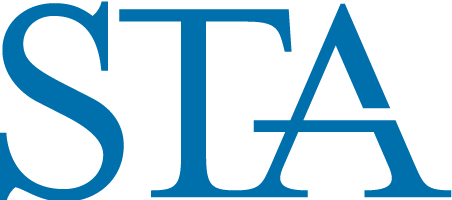At a recent industry conference held in Boca Raton, the CFTC took a booth at the event’s vendor fair. It is a good thing when regulators have outreach efforts and normally I would be very supportive of the CFTC’s actions if not for the matter that they prominently featured their whistleblower program. In full disclosure, I did not attend this conference and therefore did not see the booth. However it was brought to my attention on an unsolicited basis which speaks to the success in the messaging.
Relationships matter in all areas of our business and the ones between CCOs and regulators are no exception.
There are multiple factors that contribute to an effective compliance regime. Two, require a sort of balance which at times is difficult to achieve due to a natural conflict between them. They are; the relationships that chief compliance officers (CCOs) have with regulators and whistleblower programs operated by regulators. Striking a proper balance between these factors contributes positively towards a regulatory regime which protects the interests of investors. An over reliance on or under investment in one will undoubtedly create problems and cause long term harm.
CCOs play a critical role in our industry and their life today is complex and often lonely. This is especially true at small to mid size firms. How a CCO responds to a regulatory problem within their organization is influenced by the value that regulator places on relationships with CCOs. It is natural for a CCO to respond more proactively to a regulator which places an equal importance on its relationships with CCOs as it does its whistleblower program than one which does not. Since the end result impacts investors both parties need to be cognizant of the other’s actions.
Whistleblower programs are an effective tool for regulators because they provide a mechanism for identifying possible violations much earlier than what otherwise would be possible. Any strategy for having one needs to involve promoting their existence, offering incentives and other actions which can naturally cause CCOs to feel their roles are being undermined. According to November 2015 survey by Thomson Reuters, 93% of compliance professionals expect their personal liability to increase over the next year. While personal liability and whistleblower programs are two separate issues, both can detract from the level of trust CCOs have towards regulators. Efforts by regulators to offset this need to be equally resourced as those actions which, while necessary in the discharge of a regulator’s responsibility, erode the trust between two vital parties.
Relationships matter in all areas of our business and the ones between CCOs and regulators are no exception.
